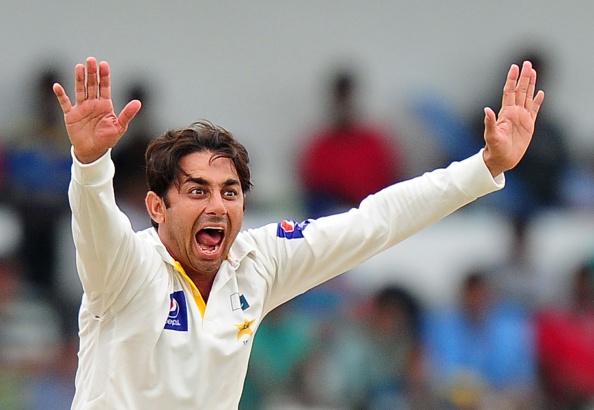Dean Jones backs off-spinner Saeed Ajmal to make Pakistan comback

Karachi: Former Australian cricketer Dean Jones, who is currently mentoring Islamabad United in the Pakistan Super League, has showered praise on Saeed Ajmal and described the out-of favour off-spinner as `big plus` for the Pakistan cricket, following his impressive bowling display in the lucrative T20 tournament.Despite losing the match against a star-studded Peshawar Zalmi by 24 runs, Islamabad’s spinner Ajmal, who returned from his five-month ban for chucking last year, was at his absolute best. Saeed Ajmal asked to vacate university land following allegations of committing fraud
Reflecting on Ajmal’s performance, Jones said that the 28-year-old displayed a class bowling performance, insisting that the bowler was well aware of the pace and the variety of deliveries to bowl, the Dawn reported. Jones further said that Ajmal performed terrifically and that it was his experience that had helped him to make a brilliant comeback. Ajmal was ranked as the number one bowler in ODIs and was also as impressive in Test format before being suspended for exceeding the 15-degree elbow flex limit set by the International Cricket Council .
Earlier, Dean Jones said that standard of bowling in international cricket has touched an all-time low, voicing his concern at a time when 300-plus totals have become the norm in ODIs. During the recently concluded five-match one-day series against India, Australia comfortably chased down two 300-plus targets, while notching up nearly 350 runs when batting during the first in ODI. “Many people think that the balance between bat and ball in ODI cricket favours the batsmen too much. This might be true, but I think international bowling standards are at an all-time low,” Jones, who represented Australia in the 1980s and early 90s, wrote in his column for ‘Sydney Morning Herald’